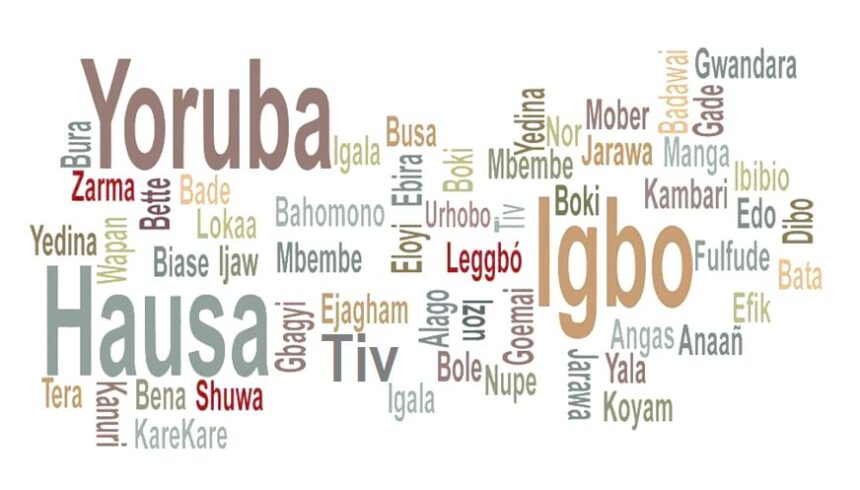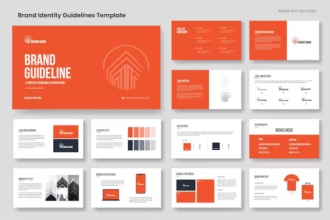Using Local Languages to Strengthen Brand Identity in Nigeria
Nigeria is a nation filled with rich culture, color, and diversity. With more than 500 languages and hundreds of ethnic groups, it stands out in Africa as one of the most varied countries. For businesses eager to grow and succeed here, understanding how to use local languages is more important than ever. Language is not just for talking. It is also a powerful tool for building trust, connection, and a strong brand identity. This article explores how using local languages can make brands in Nigeria stand out and connect better with people across the country.
Why Language Matters for Brands in Nigeria
Language does more than help us speak. It’s at the heart of how we see the world and relate to each other. In Nigeria, where people are passionate about their culture and heritage, the use of local languages means more than just words. It shows respect, understanding, and care. When a brand uses languages such as Yoruba, Hausa, Igbo, or any other local tongue, it sends a strong message. It says, “We see you, we hear you, and we value your place in the community.”
Brands that use English alone may reach many people, but they can feel distant or foreign. Local languages break barriers. They help brands sound familiar and warm. People are more likely to trust and remember a brand that speaks their own language. This can boost customer loyalty and make a brand part of everyday life.
Creating Deeper Connections With Customers
When companies use local languages in their marketing or customer service, it helps them connect better with the people they serve. A radio ad in Hausa will reach northern communities in ways English alone cannot. TV shows, billboards, and social media posts in Yoruba or Igbo make southern audiences feel noticed and included. Even street slang or Pidgin English can bring young people closer to a brand.
By paying attention to the languages people use every day, brands make communication easier and friendlier. People feel comfortable. They listen more and react in a positive way. In the end, it is not just about translation. It is about caring enough to go the extra mile.
Boosting Brand Identity and Recognition
Building a strong brand identity is not only about having a nice logo or catchy slogan. Your brand is what people say about you when you are not in the room. Local language use is a quick way to stand out in a crowded market. It makes your brand memorable.
For example, banks and telecommunications companies in Nigeria often use local languages in their adverts, jingles, and customer care services. When a customer hears “ka toro account na” (open your account) in Hausa or “ma bido re” (start yours) in Yoruba, it feels much more personal. It makes the message feel real and direct. Soon, customers start seeing that brand as one that belongs to their hometown or village.
Gaining a Competitive Edge
In Nigeria’s busy marketplace, businesses fight every day for attention. If you can talk to your customers in the language they use at home, you instantly have an advantage. You are not just another company. You are one of them.
That little extra step puts your brand ahead. When a brand takes time to use local idioms, proverbs, and familiar expressions, people remember. Food brands, clothing stores, religious groups, and even politicians get more support when they use local slogans. This is not just a trend. It is a smart move for any business looking to build a loyal customer base.
Practical Steps for Using Local Languages
How can brands start using local languages? Here are a few simple steps:
-
Understand Your Audience: Know the main language groups in your market area. Research what people speak at home, at work, and online.
-
Hire Local Talent: Work with writers, marketers, or translators from the area. They can help you get the right words, tone, and humor.
-
Train Your Staff: If possible, train staff to greet customers or answer questions in local languages. Even a simple “Welcome” or “Thank you” in the right language makes a difference.
-
Localize Your Content: Don’t just translate. Make your content fit. Use local stories, festivals, music, and proverbs.
-
Monitor and Learn: Ask customers for feedback and watch social media. See what works and what doesn’t, and keep improving.
Challenges and Simple Solutions
Using local languages is not always easy. Translation can be tricky. Some words have no direct meaning or can be misunderstood. There may also be many language groups in one region, making it hard to choose.
To overcome these challenges, brands can work with local experts and do regular research. They should also test their messages to avoid mistakes. Most people appreciate every effort. A brand does not have to get everything perfect. Small steps often make the biggest impact.
Making Brands Part of Everyday Life
When a brand speaks the same language as its customers, it feels like family. People start thinking of it as their own. They tell friends, share stories, and keep coming back. For Nigerian businesses—new and old—using local languages is the simple path to long-term connection and success. It helps brands grow strong roots where it matters most: in the hearts and minds of the people.
If you want your brand to truly stand out in Nigeria, don’t just treat language as a simple tool. Let it become your bridge to trust, strong connections, and real business growth. Speaking to people in the language they love is one of the best ways to boost your sales and make a lasting impression online. Reach out to Bintus Art and Everything today for digital marketing solutions that use local languages to put your business ahead of the competition. Let’s help your brand connect, shine, and grow where it matters most.
Image source: 21stcenturychronicle.com






